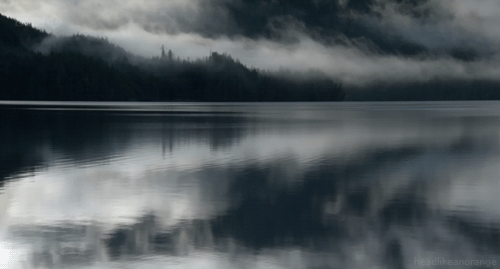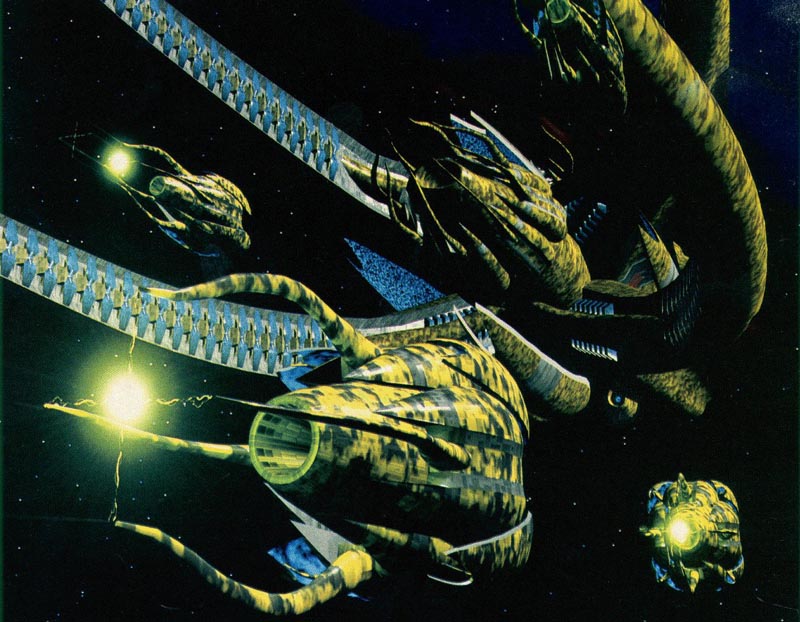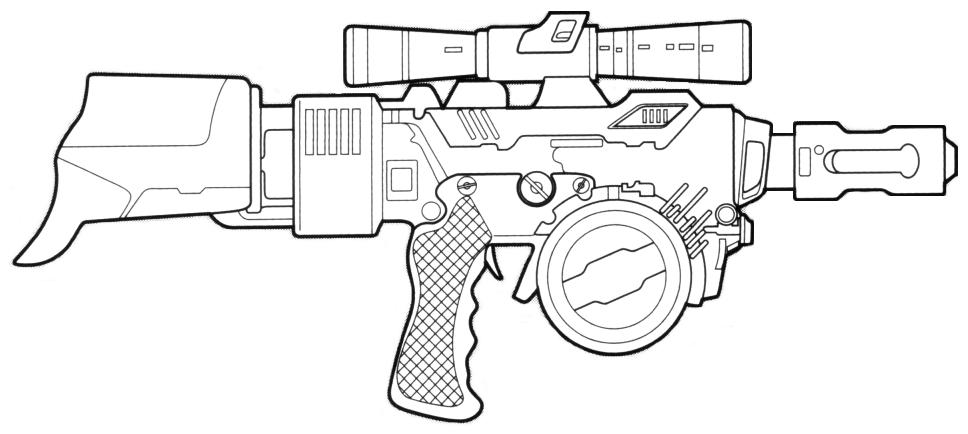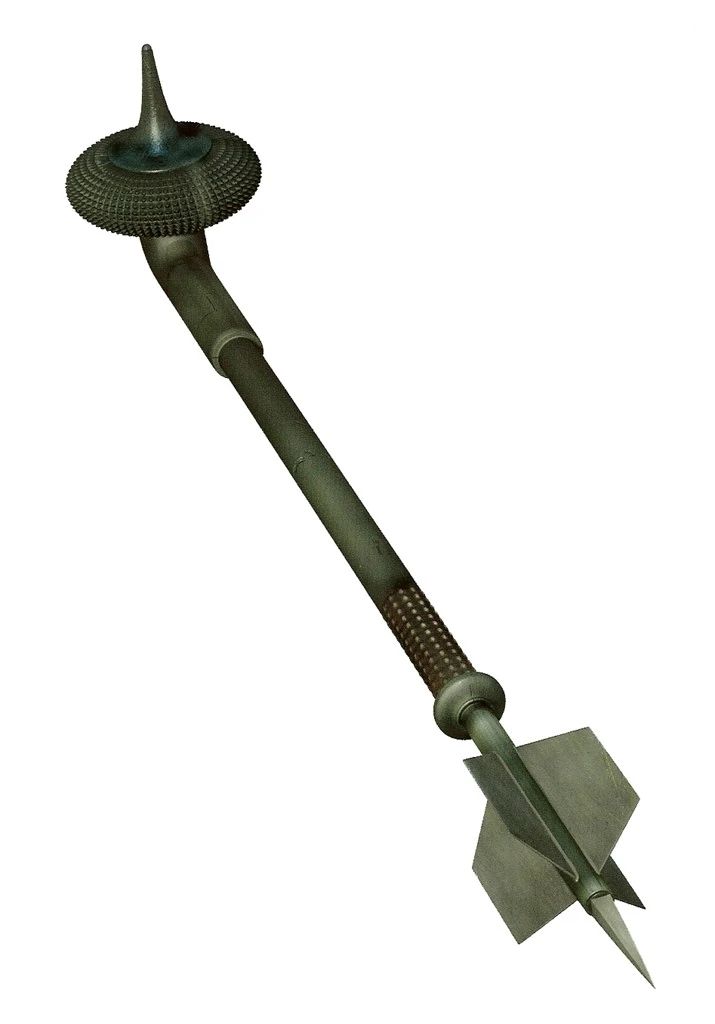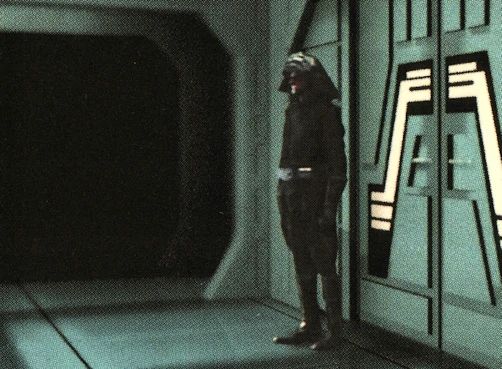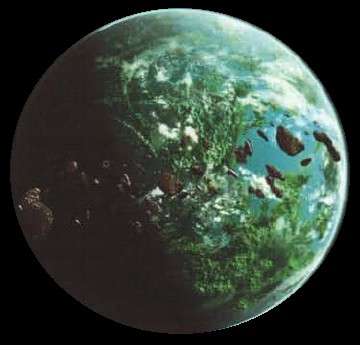 Name: Roon
Region: Outer Rim Territories
Sector: Abrion sector; The Cloak of the Sith
System: Roon system
Suns: 1: Roon
Moons: 1
Grid coordinates: S-15
Rotation period: Special (tidally-locked)
Orbital period: 414 standard days (tidally-locked)
Class: Terrestrial
Diameter: 6,093 km
Atmosphere: Type I (breathable)
Climate: Temperate
Gravity: Standard
Primary terrain: Plains, Frozen mountains, Mudfields, Oceans
Points of interest: Bantha Graveyard, Roon Sea, Tawntoom province, Fortress of Tawntoom, The Triad, Umboo province, Pinnacles of Felth
Fauna: Shamunaar
Native species: Mudman
Immigrated species: Taung, Humans, Twi'lek, Duros, Sullustans, Koboks
Primary language(s), Galactic Basic Standard, Bocce, Durese
Government: Dictatorship (temporarily Imperial-aligned in 15 BBY), Representative democracy (during New Republic)
Population: 665,000 ; 55% Humans, 12% Twi'lek, 11% Duros, 7% Sullustans, 3% Koboks, 12% other
Major cities: Nime, Nunurra
Major imports: Technology
Major exports: Flame jewels, Spice, Roonstones
Description: Roon was a planet located in the nearly impenetrable Cloak of the Sith. Known for its Roonstones, the planet was constantly sought after by treasure hunters for years.
Located in an impenetrable cosmic dust cloud ominously referred to as the Cloak of the Sith, easily navigable routes to Roon had long been lost. Even the most complete accounts, located in the Baobab Archives on Manda, were sketchy at best, and the lockdown of information following the rise of the Galactic Empire seemed to seal Roon's fate as a planet lost to history. This was fine to native Roonians; the planet was largely self-sufficient and plentiful in resources.
Surrounded by a lethal ring of asteroids and meteors, Roon was located in an Outer Rim Territories system of the same name. Other notable planets in the Roon system included the searing rock planet of Kaloo (which was moonless) and the barren rock world Iqoon (which had two moons).
Like nearby Ryloth, Roon only rotated on its axis once every orbit around the sun, rendering one side constantly bright and the other side constantly dark. Unlike Ryloth, however, the lit side of the world was not scorching, nor was the dark side frigid; this phenomenon may be due to cloud cover, or an extensive ozone layer. Whatever the reason, Roon long served as a staging point for spice smugglers coming from Ryloth.
The way to Roon was rediscovered by explorer and treasure-hunter Mungo Baobab. In a move typical of his derring-do, Baobab followed the mysterious annual rainbow comet, a phenomenon that led him successfully through the Cloak of the Sith and near enough so that liberated prisoner Noop Yeldarb could guide him the remainder of the way. This became the Baobab Merchant Fleet-established Manda-Roon Merchant Route, a replacement for the near-suicidal, Twi'lek-charted Death Wind Corridor connected to Ryloth.
History
After being driven off of Coruscant, the Taungs fled to Roon, where they resided until 7000 BBY. At this point, they immigrated to the planet that came to be known as Mandalore.
Ancestors of Roon's current inhabitants arrived on-planet near the end of the New Sith Wars, when the Brotherhood of Darkness made its headquarters there. During the prosperous years of the Old Republic, the world had a small but consistent trade with independent interests, importing necessary technologies and exporting flame jewels, Roon spice, and the occasional Roonstones. Some time between 42 and 32 BBY, Mahwi Lihnn took a bounty on Roon.
Roon remained withdrawn from the New Order until 15 years before the Battle of Yavin, when Koong, governor of the Tawntoom province, contacted Admiral Terrinald Screed. Together, the two officials formed a loose and informal alliance to locate the cache of precious Roonstones. One of these Roonstones, which fell into the hands of Mungo Baobab, contained the text of the the legendary poem, Dha Werda Verda, which chronicled an ancient Coruscanti battle between the Taung and the Zhell.
It was after Screed's interest in Roon that the planet finally began to become drawn into galactic affairs once more. A handful of Rebel groups managed to operate in the system, working with the natives of the Umboo province, a part of the planet known to have long opposed outside authority. It was through great efforts that Governor Koong tried again and again to subjugate this hardy people, but never to any avail. This was largely due to the efforts of Baobab, whose exploits on the world not only led to the discovery of the hidden Roonstone mines, but also to their subsequent destruction at the hands of the governor.
Largely thanks to its isolation, Roon remained untouched by the Yuuzhan Vong War.
Inhabitants
Roon had a temperate climate and standard gravity, making it a comfortable place to live for many species. Over the years, settlers of various species arrived on Roon's surface. Mostly the descendants of stranded smugglers and pirates, Roonians developed into a people who refused to discard archaic technologies if those techniques still worked. Thus, the resultant eclectic society placed starships alongside animal-driven labor and wooden boats. The planet's proximity to Ryloth resulted in a large Twi'lek population.
Some of the population, who worked in the wet fields, were known as "the mudmen of Roon." Their name was occasionally invoked throughout the galaxy when one felt dirty.
Fauna
Like its people, the animals of Roon all seemed to be transplanted from other corners of the galaxy. Notable among these introduced species were: Semisapient mudmen, Banthas, Kalaks, Mogos, Mynocks (whose annual migration made the planet famous), Rockhoppers, Shamunaar
Places
Nunurra
Nunurra was the only large city on the planet Roon. It also held the Roon Colonial Games.
Bantha Graveyard
The Bantha Graveyard on Roon was the site of countless bantha skeletons. It was here that "Old Ogger" Baobab lived for sixty years, hoarding Roonstones until his great nephew, Mungo Baobab arrived in the company of C-3PO and R2-D2.
Similar to other planets, the closely-knit family units of the bantha result in unique social behavior. On Roon, aging members of a herd slowly make their way to the site of the graveyard, where they lay down to die amongst the remnants of their ancestors. It was here, among the skeletons, that horrific creatures were rumored to exist, preying upon the dying banthas and any travelers brave - or foolish - enough to set out across the wind-swept plains.
Notably, the Bantha Graveyard was not only the resting place of these deceased beasts, but also the site of numerous downed ships, from starfighters to freighters. Scientists have theorized that this has something to do with the interference of Roon's event horizon with navigational systems, and late in the Galactic Civil War, the area above the graveyard was designated a no-fly zone.
Roon Sea
The Roon Sea was the main body of water on the planet Roon. Explorer Mungo Baobab, along with his droids R2-D2 and C-3PO, traversed this sea in their search for the roonstones. After evading the maniacal Governor Koong's slave galley, the trio was sucked towards a whirlpool. It was here that, faced with the prospect of being sucked under if he kept his find, Baobab threw over a large cache of the valuable gems.
Pinnacles of Felth
The Pinnacles of Felth were a collection of rocky foothills located on the planet Roon. It was a favored breeding ground of the native Mogo.
Umboo
Umboo was a province on the planet Roon. It was home to the Yomm family.
Tawntoom
Tawntoom was the capital city of the planet Roon. It was located inside a caldera and was ruled by Governor Bisad Koong until 15 BBY.
Fortress of Tawntoom
The Fortress of Tawntoom was the headquarters of Governor Koong, located in the Tawntoom colony on Roon. It was built into the walls of a volcanic crater and powered by the thermal energy generated by the lava pit far below the fortress. It was destroyed after the the base's core overloaded and exploded.
The Cloak of the Sith
The Cloak of the Sith was a mysterious region within the Outer Rim which included the planet Roon.
The region was hard to navigate, making Roon somewhat inaccessible; only two hyperspace routes were known to reach the planet. One, the Manda-Roon Merchant Route discovered by Mungo Baobab, was a challenge for seasoned astrogators and was demarcated by a series of "lightstation" nav beacons. The more secret Death Wind Corridor was a "back door" through the Cloak used by Twi'lek smugglers.
During the New Sith Wars, it was the core of the New Sith Empire ruled by the Brotherhood of Darkness. Following the final death of Palpatine, it was rumored that the Sith continued to exist and rebuild within the Cloak.
A female Force-sensitive Yuuzhan Vong operated within the Cloak of the Sith.
|








